Have you ever wondered if there's anything you can do to reduce food waste in landfills? Restaurants contribute almost 200,000 tonnes of food waste to landfills*, which are not only an eyesore but also a major source of pollution. Furthermore, customers understand the importance of sustainability to protect the planet and are committed to understanding where their food comes from and where discarded food can end up.
With increased awareness comes responsibility for restaurants and businesses operating in the food industry to be more careful in their sourcing and introduce more sustainable practices. This list shows you how to reduce waste in a commercial kitchen and how sustainable practices can benefit you and your customers.
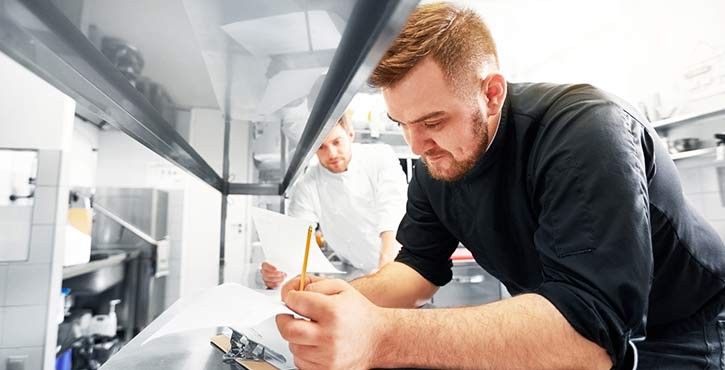
Seasonal menus are one of the best ways to reduce food waste at a restaurant. Locally produced food that is in season tends to be cheaper (as it’s not being imported from overseas), will taste better and will stay fresher for longer, cutting down on food waste. Update your menu four times a year (or more frequently if you are able) to make use of food that is in season or is more sustainable to source. For example, mackerel is more sustainable to eat during the warmer seasons and would require to be imported during the Winter months.
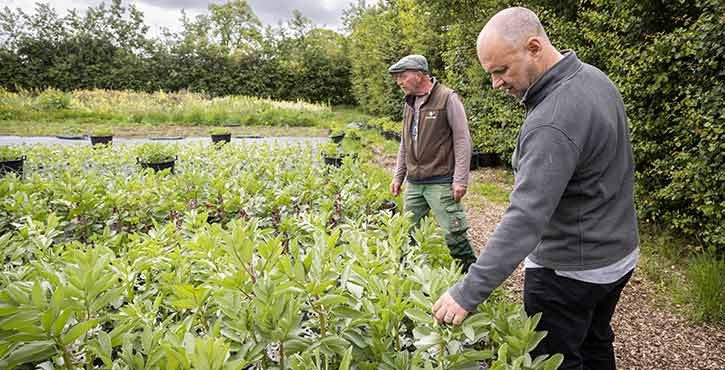
Seasonal menus are one of the best ways to reduce food waste at a restaurant. Locally produced food that is in season tends to be cheaper (as it’s not being imported from overseas), will taste better and will stay fresher for longer, cutting down on food waste. Update your menu four times a year (or more frequently if you are able) to make use of food that is in season or is more sustainable to source. For example, mackerel is more sustainable to eat during the warmer seasons and would require to be imported during the Winter months.
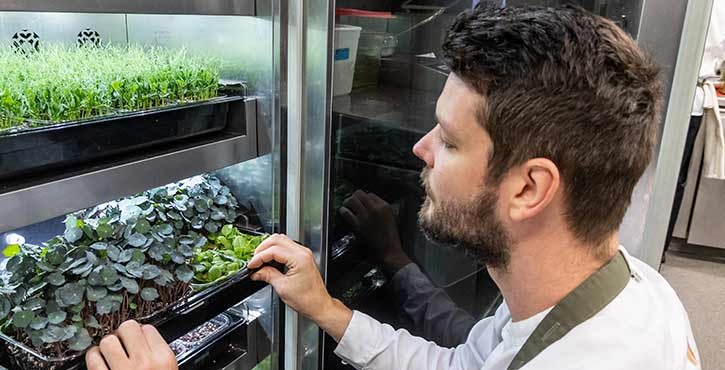
Are you storing your food correctly? Maintain the right temperatures in your fridges and freezers and store all ingredients where they'll stay fresh. Keeping foods under the proper conditions is vital for preserving quality and preventing the growth of harmful bacteria. For more info on how to chill, freeze and defrost food safely, check out the Food Standards Agency website guide.
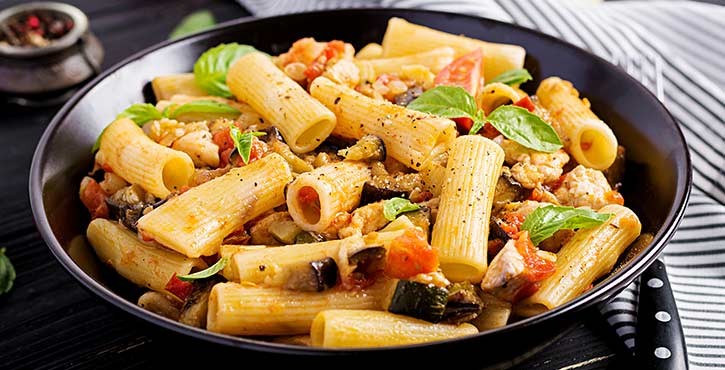
Don't be so quick to throw out leftover ingredients because you might be able to use them somewhere else. The peelings from vegetables and bones can be used to make stocks and soups, and day-old bread can be made into croutons.
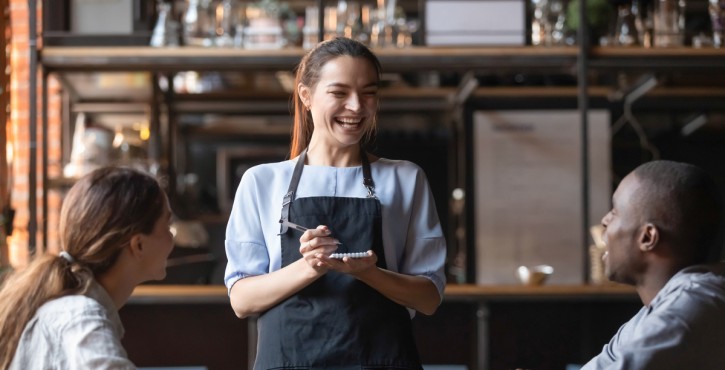
Has a customer left a lot of food on their plate? Ask why! If they were happy but full, they might want to take it home. Japanese chain Wagamama offers doggy bags at all their restaurants if diners request one, and even the more upmarket restaurants are often willing to help out where they can. Although not as common as in other parts of the world, offering customers “doggy bags” helps with reducing waste in restaurants.
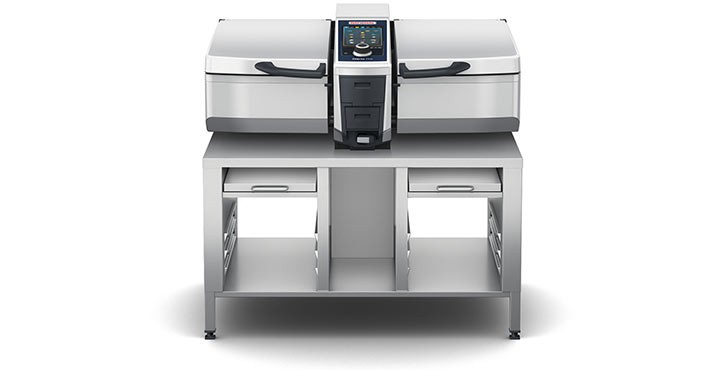
Rather than sending it to a landfill, ensure your restaurant has a specific food disposal bin. This can then either be collected by your local council, by your waste contractor, or you can arrange to have the food composted. Whichever option you choose will demonstrate to your customers that your establishment is eager to protect the environment.
The iVario Pro makes it practically impossible to burn food with the correct programme settings. No food is left stuck to the bottom of the pan and nothing overboils, you get the maximum yield without losing any of the product. You can guarantee every last scrap of food is served, and with ease, using the existing tilting function. Want to know more? Register for a FREE 10-minute webinar and discover how you can #CookDifferent with the iVario Pro .
If your restaurant or food business can learn to reduce food waste, you will help the environment and save your business money in the long run, with the added bonus of impressing your customers! They will see you not only understand the importance of sustainability but also do what you can for the environment by conserving energy and resources (used in the growing, manufacturing, transporting, and disposing of food).
Get in touch with the team at RATIONAL to find out how we can help you be greener whilst saving energy and money.
*Source: https://www.willshees.co.uk/news/most-wasted-food-in-uk-restaurants-and-cafes/